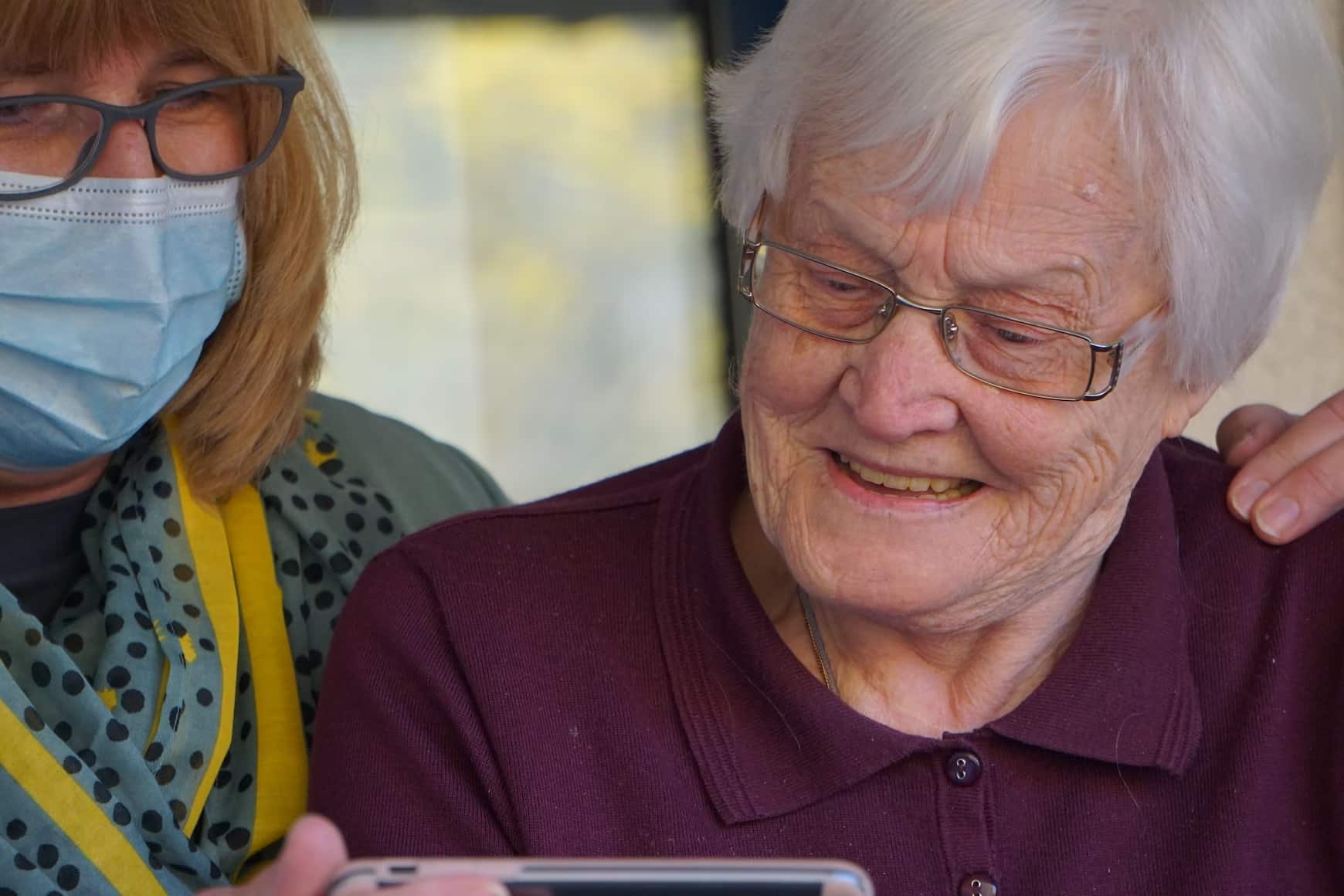
The sick don’t just reside in hospitals. If that were the case, new people would never be able to get admitted. Individuals who need constant monitoring and care often stay in their own homes with their families, and it is usually a family member that is responsible for taking care of their needs.
These needs can range from feeding, dressing, bathing, medication monitoring, exercise, and providing assistance in day-to-day activities.
Such assistance can be quite draining to those inexperienced in the art of healthcare. This is why the field of home nursing is a booming one.
Statistics tell us that there are close to 100,000 home care nurses in America and that by 2025, it is estimated that about $265 billion that is currently spent in hospitals and conventional care can switch to home care treatment.
Today, let’s look at what you should keep in mind when hiring a home nurse.
#1. Carefully Assess The Needs of Your Loved Ones
When you are hiring an outsider to help a loved one with their health needs, it is imperative that you keep in mind their unique needs that the home nurse should be aware of. For instance, You want to spend some time going over the medical history and the preferences that your loved one may have in terms of how they are cared for.
One example would be how some people are not comfortable with being bathed and dressed and prefer to have agency in those areas. It is important that the home nurse respect such preferences while also being attentive and alert to provide assistance if needed.
Similarly, if your loved one has some sort of disability that requires them to use a wheelchair, you want to ensure that your nurse is physically strong enough to handle such a responsibility.
#2. Suitable Qualifications and Personality
One of the most important aspects to look for in a home nurse is their qualifications. Ideally, they should have had several years of experience in the field along with the necessary qualifications, such as a BSN and an MSN. (Bachelor/Master of Science in Nursing)
Some nurses switching to a career in home care often pursue MSN to FNP Online programs (Family Nursing Practitioner). FNP nurses are advanced nurses that are able to take care of patients of all age groups. They are skilled at providing primary care, managing chronic conditions, and can even develop treatment plans.
If you find a candidate that already has such qualifications or is currently pursuing them, you should definitely shortlist them for the position.
Getting a highly skilled home nurse is imperative because, in most cases, they will be working without any senior supervision that they normally receive in conventional institutions that hire nurses.
It doesn’t end with simply hiring the home nurse with the best qualifications though. You also want to get to know what they are like as a person. This is someone who will be spending a lot of time with your loved one, and it is critical that they are a good fit personality and otherwise into your family.
Some people often employ a home nurse on a trial basis in order to assess compatibility. If you feel that this can be useful and they are open to such an arrangement, this would be a good option.
#3. Set Clear Guidelines, Communication, and Rules
Even if you end up finding the most qualified home nurse who is great to work with, things can still go wrong if communication isn’t clear. For this reason, you want to create guidelines that are understood before the nurse is officially taken on.
These guidelines can include aspects such as what can be done autonomously and what would need consultation on.
For example, matters such as the amount of exercise can be something the nurse can manage autonomously while anything related to food intakes, such as diet and any changes to it, would need to be discussed first.
Of course, this has to be communicated in a professional manner. The sort of highly qualified nurses that you may choose for the role would already have a lot of experience and can feel disrespected if it appears that you don’t value them.
Conclusion
Taking care of a loved one that is suffering from an illness is often stressful. The responsibilities that are involved in caring for someone can be overwhelming. Home Nurses are perfect for such situations and can bring with them their extensive experience in dealing with the sick.
Remember that most home nurses have previously worked in hospital and clinical settings. For this reason, finding someone that has a personality and temperament that is easy to work with, has specialized in-home care skills, and excels at dealing with a variety of ages is key.








